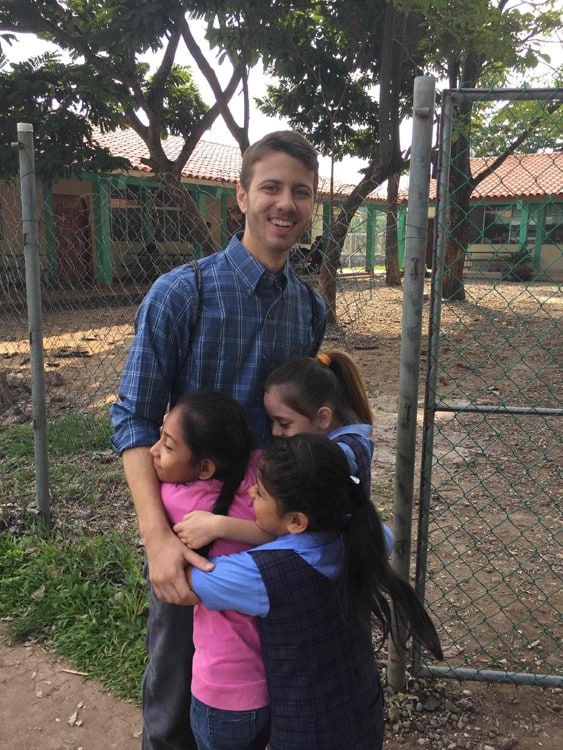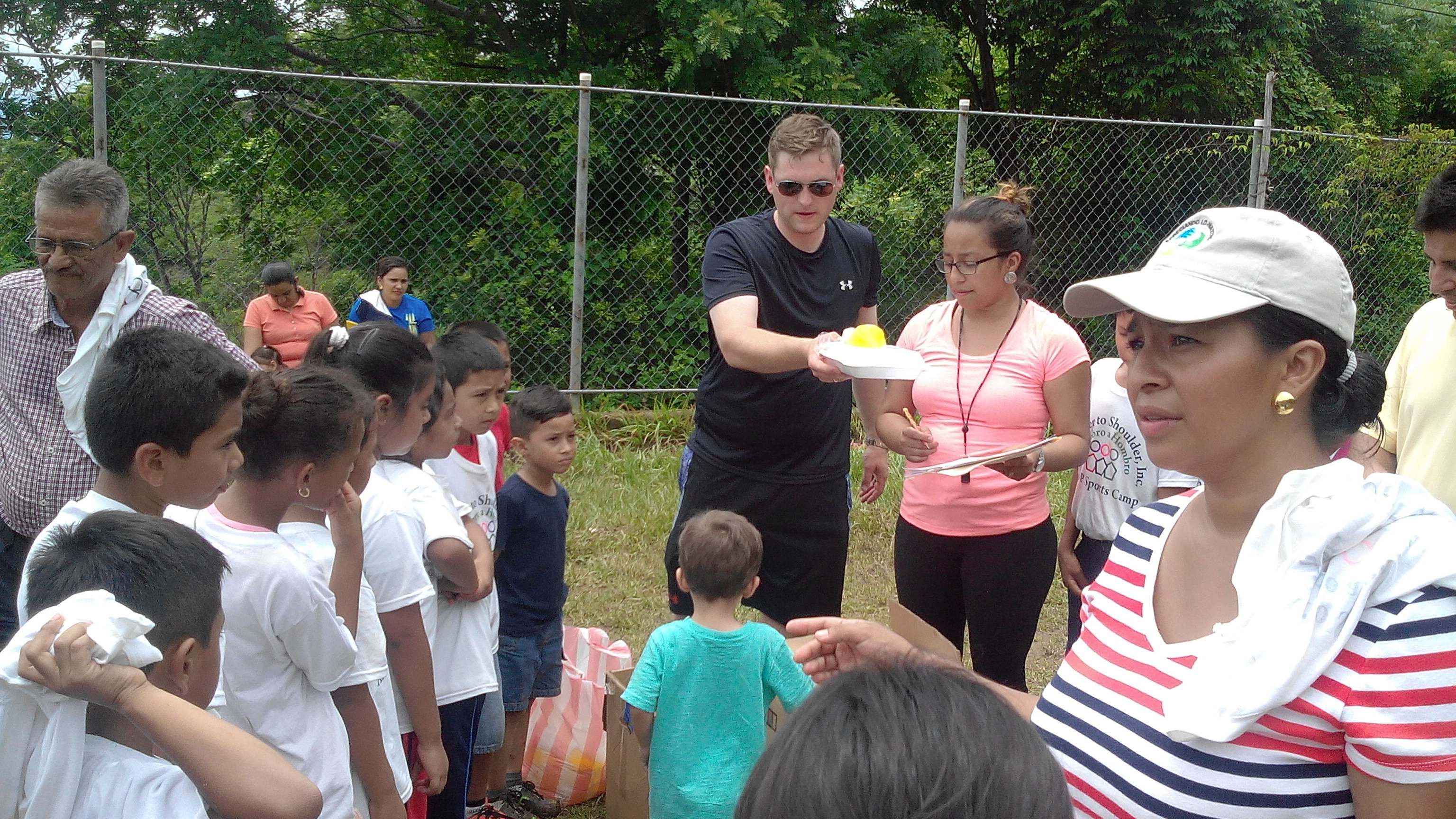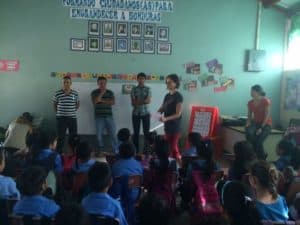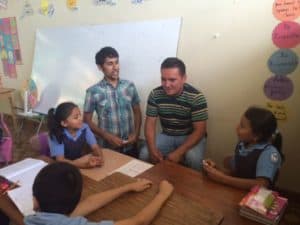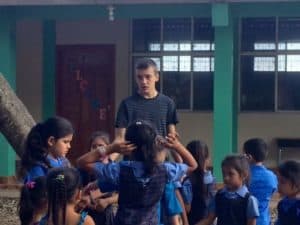We all, in our formative years, have that epiphanic experience that hurtles us on the trajectory to our field of study and eventual career.
My such experience took place when I accompanied my Dad, Dr. Bruce Gebhardt, on a Shoulder to Shoulder brigade to Santa Lucia in 2009. I was only fourteen at the time and my official position on the brigade roster was “Sherpa”— I really served only to help doctors set up shop and run errands. Nevertheless, it was simply the coolest thing I had ever done! The exposure to the sights and sounds of Intibucá, serving the various communities in the area, the choco-bananas and the riding around in the back of trucks left me with a love of travel and international development. Ever since my brigade experience in 2009, I have focused my studies towards international politics and foreign language, all the while thinking, “man, I hope one day I can go back to Honduras and offer a bit more to the organization and the community than my services as a Sherpa.”

Flash-forward to 2016, and I am spending my summer as a teaching assistant in the Good Shepherd Bilingual School in Camasca—and my long anticipated return to Honduras, in which I will hopefully be able to more substantially contribute to the community, has been wonderful so far.
Anecdotes aside, allow me to introduce myself and the other newly arrived English teaching assistant that will be working at the school this summer—My name is Ben Gebhardt, and I am a rising senior at John Carroll University. With me as an assistant teacher at the bilingual school is my friend John Stefanick, a rising senior at the University of Pittsburgh. The two of us are here to help out at Good Shepherd from May to August, and our first couple of weeks in Intibucá have been great to us.
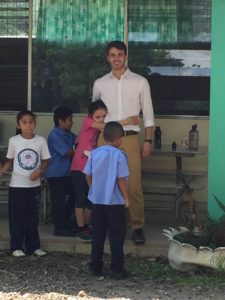
Camasca is a beautiful little pueblo about three hours away from La Esperanza. Its inhabitants are welcoming, engaging and very proud of the strong reputation that their village has on the frontera. Their pride is well merited—Camasca’s cobble-stoned streets are immaculately clean, there is a restaurant with a killer menu and the village is home to the only gym/weight room in this part of Honduras. But most importantly, the village holds the unique distinction as host of the nation’s only government-sponsored bilingual school.
We have gotten a very warm bienvenidos from just about everybody in the town. In our first days in Camasca, Profe Iris brought us some banana chips as a welcoming present, Profe Edwin invited us to join a teachers-only soccer team and the whole staff at the bilingual school made sure that we felt very invited to their ranks.
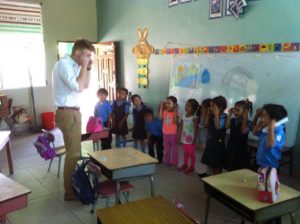
And, of course, we have made fast friends with the bright young students of the Good Shepherd Bilingual School. John has thus far been helping out with the second graders (who, amidst their difficulty in pronouncing the “j” in English, have taken to calling him “Mr. Yon”). I have spent much of my time with the Kindergarteners, who, by virtue of their age, have been great fun to work with—very energetic and quick to learn.
Having spoken with the teachers, we have determined that our special contribution to the school this summer will be the implementation of a “Reading Corner.” Starting next week, we will be taking small groups of students aside throughout the course of the day in order to focus on reading books in English language, hoping to hone their skills in vocabulary and grammar as well as to cultivate in them a love of literature.
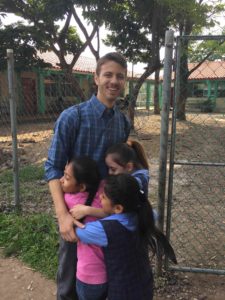
At any rate, this former Shoulder to Shoulder Sherpa is greatly anticipating the next couple of months’ work in the bilingual school. The eager children, the dedicated teachers and the welcoming village will surely make this summer rewarding on all fronts.


